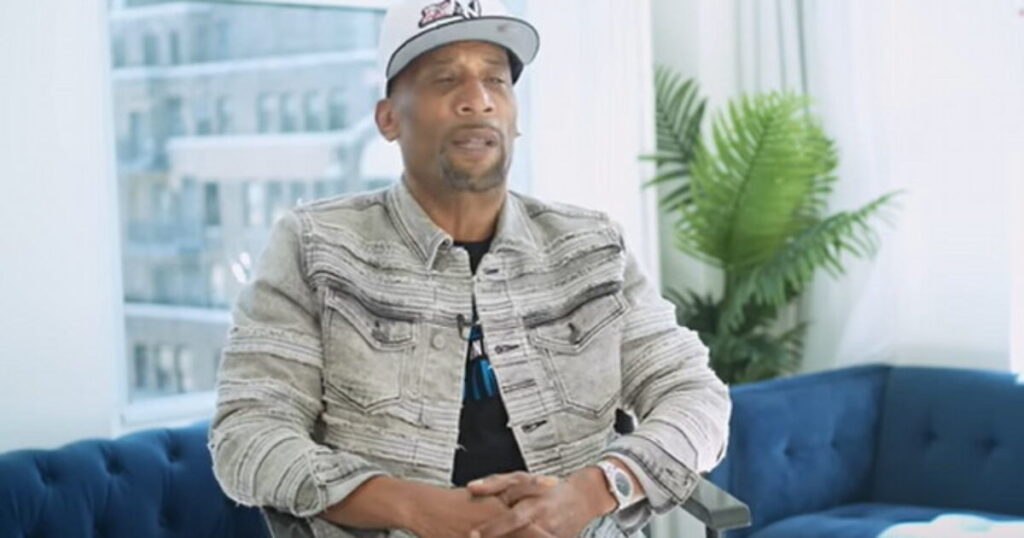In a recent episode of the ‘Art of Dialogue’ podcast, rapper and podcaster Lord Jamar discussed his experiences around a Donald Trump rally on Long Island, where he sent one of his black associates to gauge the atmosphere. Jamar asserted that his friend faced “no racism whatsoever” from Trump supporters, contrasting this with the hostility he encountered from leftist protesters opposing the rally. This anecdote aligns with a broader narrative suggesting an increasing number of black men are gravitating towards Trump and the Republican Party, sparked by the president’s polarizing figure and unique approach to foreign policy and domestic issues.
Lord Jamar expressed his views on Trump’s tenure, emphasizing the absence of wars during his presidency. He stated, “There was no wars when Trump was in – was the president,” highlighting his belief that Trump’s hardline stance on international threats, particularly against groups like the Taliban, showcased a protective approach towards Americans. Jamar contended that Trump’s administration issued a stern warning to adversaries, reinforcing national security and ultimately leading to a period of stability for the United States. This narrative resonates with some minority voters who prioritize security and a non-interventionist foreign policy.
The rapper further shared his associate’s perspective from the Trump rally, noting the sense of welcoming and acceptance he received from attendees. Unlike the anti-Trump demonstrators, who reportedly expressed disdain towards his presence, the rally-goers were friendly and inclusive. Lord Jamar characterized this welcoming environment, urging listeners to consider the experience of a black man who felt embraced rather than discriminated against at a predominantly white event. This revelation challenges the commonly held perception in mainstream narratives that equate Trump rallies with racism and exclusion.
Additionally, Jamar addressed the ongoing criticism aimed at Trump, highlighting the paradox of a Republican candidate garnering significant minority support and still being labeled as racist by critics. He questioned the media portrayal of Trump, suggesting that such narratives do not align with the experiences of many who have attended his rallies. As Trump gains support among traditionally Democratic demographics, particularly in the black community, it raises questions about the prevailing narratives surrounding race and political affiliations in America.
Moreover, during his podcast appearance, Lord Jamar shifted to critique Vice President Kamala Harris, indicating that her political trajectory is not aligned with the expectations set by her position. Although details of this critique weren’t elaborated, Jamar’s observations suggest that he sees a disconnect between her political actions and her public image, adding another layer to his analysis of current political figures. His insights resonate with a segment of the population that feels disenfranchised by the Democratic establishment, further contributing to the evolving political landscape.
In summary, Lord Jamar’s commentary serves as a compelling counterpoint to mainstream media narratives surrounding Donald Trump and race relations in America. His personal anecdotes and observations highlight a shifting dynamic where black men, among other minority groups, are reassessing their political allegiances. The experiences shared challenge the simplistic labels often attached to Trump supporters, emphasizing the need for a nuanced understanding of voter perspectives and the complexities of political identity in contemporary society.

